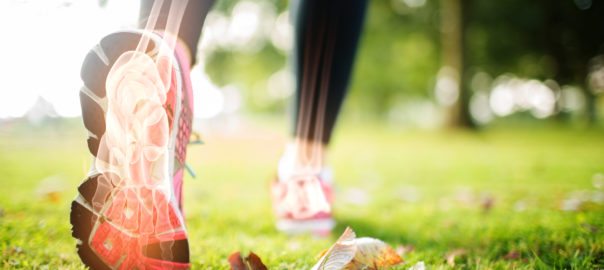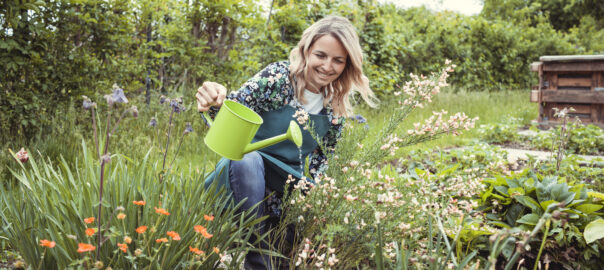Studies have indicated that practicing mindfulness can help you to manage common mental health problems. Indeed, the National Institute of Health and Clinical Excellence (NICE) – the organisation that produces guidelines on best practice in health care – recommends using mindfulness to treat mild depression and to help prevent further episodes of depression. But what exactly is mindfulness and how do you ‘practice’ it?
All posts by cytoffice
Statistics on rheumatoid arthritis (RA) from the World Health Organization1
- In 2019, 18 million people were reported to be living with RA worldwide
- 70% of RA cases are women and they are two to three times more likely to be affected than men
- 55% cases of RA are found in those over 55 years old
In this week’s blog, we look at the signs, symptoms and risk factors associated with rheumatoid arthritis including diet, lifestyle and genetics.
Zinc is the second most abundant mineral in the body after iron, with over 300 enzymes and 1000 transcription factors dependant on this essential micronutrient. It is involved in many cellular processes such as cell proliferation and differentiation, protein synthesis, gene transcription, nucleic acid metabolism and DNA synthesis.1
Zinc deficiency is common, with an estimated one quarter of the world’s population being deficient, often caused by poor dietary intake, low absorption and increased zinc loss.1 The best food sources of zinc can be found in meat, eggs and fish alongside plant-based options such as pumpkin seeds, legumes, cashew nuts, mushrooms and spinach.
In this article we take a closer look at zinc and explore its many benefits to health, including research findings, supplement forms and how to improve absorption.
Spring has arrived. The time of year when the hibernation of winter draws to an end, and we can start to crawl out from under the duvet and unbatten the hatches.
In place of winter is the promise of lighter and brighter days and nights. Nature has redecorated, and is blooming with spring flowers and awash with greener pastures. If that wasn’t enough to lure us back out, the birds are singing and fields are enriched with new wild and farm animal life.
Spring is the season for renewal and new beginnings and, like nature, we too may feel the desire to shed our winter coats and dawn our spring attire.
Sleep is fundamental for health and regeneration and the healthy production and balance of hormones. Adults aged 18 to 64 need to sleep for 7 – 9 hours a night, but sleep disturbances are reported by nearly one third of the general population across all age groups, and further increase with advancing age, affecting nearly 50% of individuals over the age of 651. As they age, women are more likely to suffer with sleep disturbances such as insomnia, poor sleep quality and sleep deprivation than men.
Seasonal allergies such as hay fever, also known as allergic rhinitis, are common and becoming increasingly so, both in the UK and across the globe.
A recent study by Allergy UK revealed that 49% of the UK population have had symptoms of hay fever with it officially affecting between 10-15% of children and 26% of adults.
It may appear to some to be just an inconvenience with the need for extra tissues or antihistamines but hay fever can be debilitating and can also have a knock-on effect on other aspects of health.
Up to 57% of adult patients and 88% of children with allergic rhinitis have sleep problems, including micro-arousals, leading to daytime fatigue, somnolence, and decreased cognitive function.
As we begin to enter the spring and summer, it is an important time to consider interventions that may support a healthier response to allergens. This blog looks at the response of the body when exposed to allergens, how the immune system is affected and the influence that histamine plays as well as looking at natural interventions to help individuals before and during the hay fever season.






